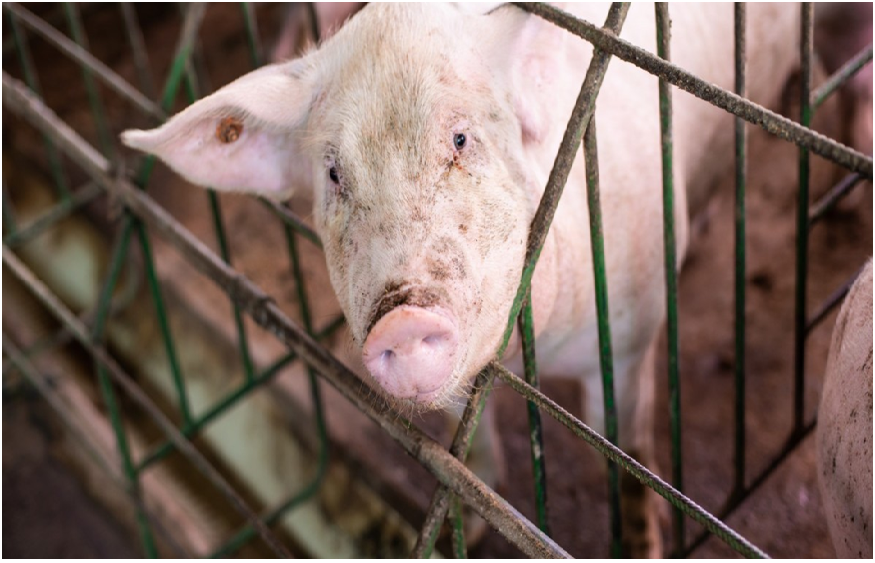The importance of animal welfare in pig firming
A Technical Committee was established in 1965 to investigate animal welfare issues related to intensive farming systems. The Bramble Report established the first ‘animal rights,’ which were enshrined in ‘Bramble’s Five Freedoms,’ which stated that animals should be able to “stand up, lie down, turn around, groom themselves, and stretch their limbs.” The Farm Animal Welfare Advisory Committee grew out of this committee, and the British government created the Farm Animal-Welfare-Council in 1979.
Provico Rural has also established the so-called “five freedoms,” which serve as the foundation for the proper welfare of farm animals from farm to abattoir. Starting pig firming is not like any other type of firming out there, so you have to consider the following essential factors:
1. Freedom from thirst and hunger
A healthy diet with fresh water will keep you from going hungry or thirsty. Animal nutrition has advanced to the point that there is no reason for feeding any animal anything other than a diet that contains the proper balance of nutrients for its growth and productivity. Oh, and make sure your drinkers are running, just like you would make sure the dog’s water bowl is still full.
2. Discomfort-free living
The animal requires a suitable setting, including shelter and a relaxing resting place. For a pig farmer, it means providing shade from the sun (sows may get sunburned) and a place for them to wallow (having no sweat glands means that getting covered in mud is not only fun but cooling). Pigs need a comfortable place to rest and sleep, and plenty of fresh, clean, dry straw, regardless of the size of the pig, is ideal.
3. Pain, disability, or disease freedom
Safety and recovery from sickness and injury can be accomplished by detection, quick diagnosis, and adequate care, which mean two things for pig farmers: exceptional stockmanship and a great veterinarian. The former comes from practice and preparation, while the latter is an important member of your ‘gang.’ Find a pig-savvy veterinarian and have him or her visit your farm four times a year to inspect your pigs and their surroundings. Disease challenges and accidents can be reduced with well-designed lodging and handling facilities. Visit the Provico Rural website for more information.
Conclusion
There is a scientifically proven correlation between an animal’s upbringing and meat quality; additionally, a poorly kept animal will not be as effective as a fit and safe one and will cost the producer money (clearly, there is a strong incentive to pay attention to your animal’s welfare?!). Let’s take a look at the legal rights that an animal should have – and that you should have anyway if you want to grow high-quality food on your farm.

